The figures are staggering: a sprawling 340-hectare campus employing almost 10,000 people and housing some 2,000 beds. Every year, some 1.9 million patients are treated here, making Sheba a veritable "health city" that reaches almost 20% of the Israeli population.
Ranked among the world's top 10 hospitals by Newsweek magazine five years running (8ᵉ in 2025), Sheba enjoys international renown. It is home to four specialist hospitals (acute care, rehabilitation, children's hospital and maternity) covering the full range of medical disciplines.
It is also affiliated with Tel Aviv University and trains numerous doctors. Sheba was also the first Israeli hospital to be accredited by the Joint Commission International, a guarantee of world-class quality standards.
Medical excellence and research
Sheba's mission goes far beyond day-to-day care. The facility is a heavyweight in medical research and healthcare innovation in Israel. It alone accounts for around 1/4 of the country's clinical research, with more than 3,300 clinical trials conducted every year on its campus. No fewer than 1,700 doctors work here, supported by thousands of researchers, technicians and nurses, enabling Sheba to attract the best talent and offer cutting-edge treatments. This commitment to excellence has led to Sheba's appointment by the government to lead the national response to the Covid-19 pandemic, demonstrating the trust placed in its expertise. Last but not least, the center is home to a number of leading national institutions, including the National Medical Simulation Center, the National Blood Bank and the Center for the Rehabilitation of Wounded Soldiers.
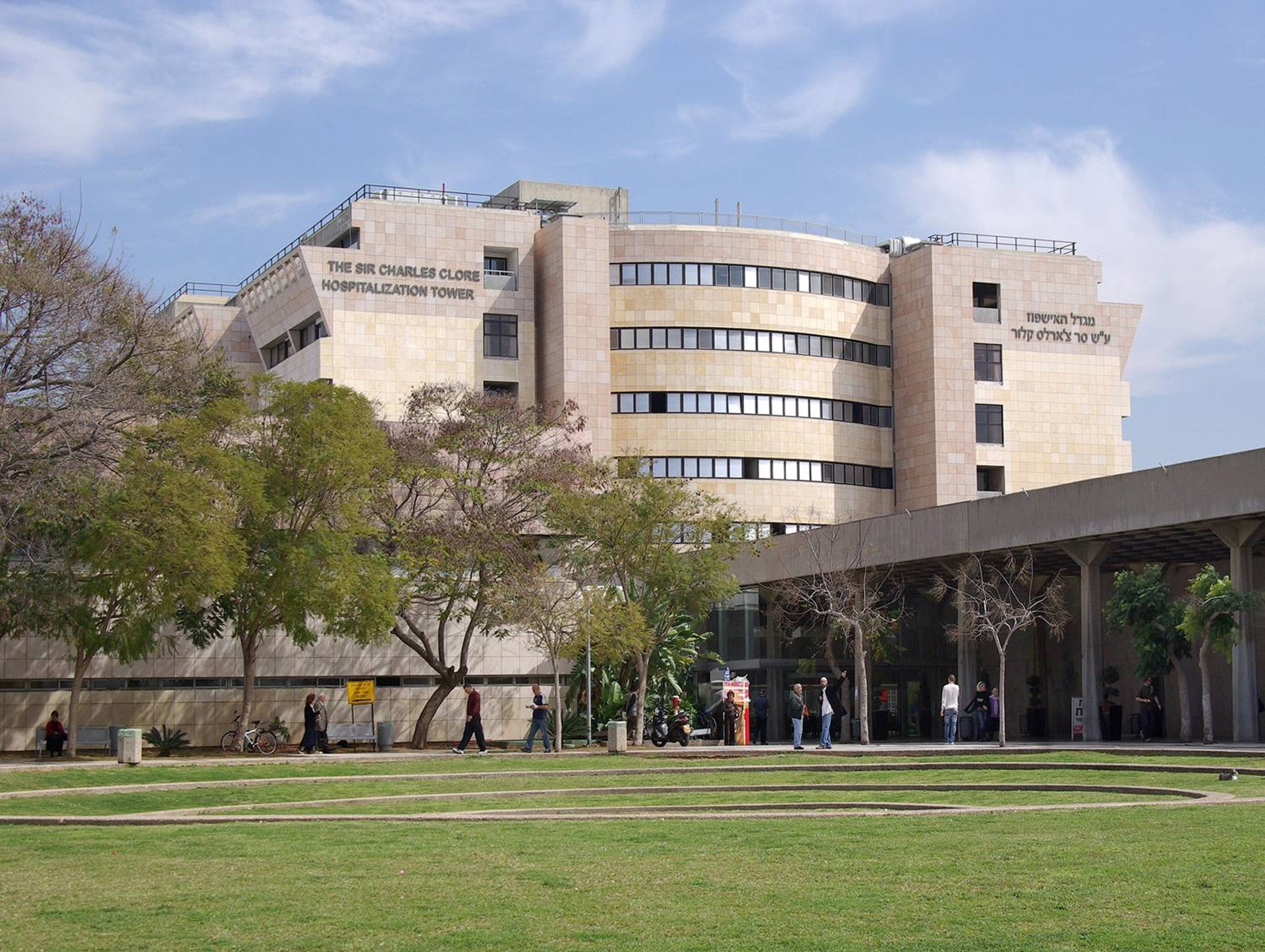
A living laboratory for the hospital of the future
If Sheba impresses with its size and clinical activity, it fascinates just as much with its innovative spirit. The hospital has set itself the ambition of "shaping the future of healthcare" and is multiplying initiatives to achieve this.
In 2017, Sheba launched the ARC (Accelerate, Redesign, Collaborate) program, a veritable medical innovation campus integrated into the hospital. ARC brings together researchers, clinicians, engineers and companies to accelerate the development of new healthcare technologies. Currently, some twenty projects led by Sheba doctors are underway. These include the use of machine learning to track the progress of macular degeneration (an eye disease that impairs vision), and a mobile application coupled with connected sensors for remote cardiac rehabilitation.
Physicians are encouraged to propose their own ideas, which are then transformed into genuine technological innovations. The ARC also hosts external companies and collaborates with giants such as Google, Boston Scientific and Johnson&Johnson, giving them access to the hospital's anonymized clinical data to develop new digital health tools. This original co-innovation model, backed by a dedicated venture fund, is already having a tangible impact. In just a few years, Sheba has become a prolific medtech incubator, having generated nearly $1 billion in IPOs.
Virtual hospital and telemedicine
Sheba was one of the first hospitals in the world to deploy a truly virtual hospital without walls, called "Sheba Beyond". This advanced telemedicine program enables thousands of patients to be monitored remotely using connected technologies. Video consultations, home monitoring via connected medical devices and mobile follow-up applications are just some of the tools that broaden access to care while relieving congestion in emergency departments. Building on its expertise, Sheba has even exported this concept: it recently announced the creation of a "hospital of the future" simulation space in the United States, in New Jersey, to present its digital health and homecare solutions internationally. The aim is to show that technologies such as telemedicine, virtual reality and intelligent sensors can already improve the efficiency of care and patient comfort.
Artificial intelligence on the front line
A true pioneer in this field, Sheba is now integrating artificial intelligence into numerous hospital sectors. The most emblematic initiative is Project K, launched in 2023, which corresponds to the world's first AI-driven emergency department. This innovative system, featuring an AI named "Bina", assists emergency physicians in triaging patients, analyzing examinations in real time and making faster diagnoses. Upon admission, the AI collects the patient's history, suggests relevant tests and can even prioritize the most serious cases. In an initial test, Project K reduced waiting times and improved patient care through data-informed decisions. Beyond the emergency department, Sheba is transforming itself into a hospital-wide AI-supervised medical center. In concrete terms, this means deploying algorithms to optimize bed management, predict complications, help interpret medical images, and even perform predictive medicine. At the same time, Sheba has created an "AI Academy" to train its staff in artificial intelligence tools, in the firm belief that tomorrow's hospital will require caregivers supported by technology.
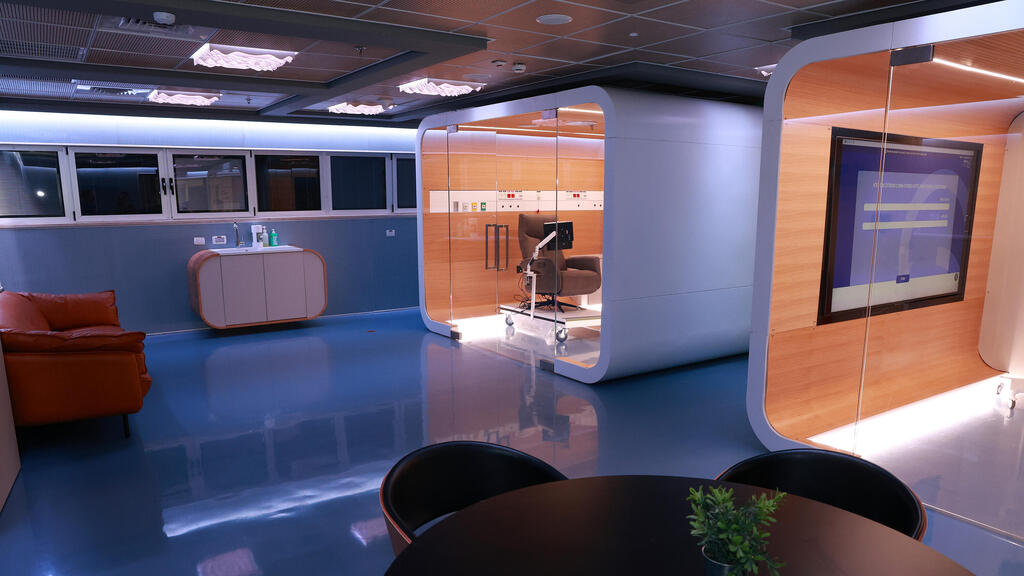
Robotics and music therapy
The hospital has also invested heavily in medical robotics (surgical, robot-assisted rehabilitation, etc.) and boasts one of the world's most advanced medical simulation centers (the MSR - Israel Center for Medical Simulation). Every year, this center trains thousands of professionals using high-fidelity simulators, virtual reality and training for rare emergency situations.
Among the most promising therapies also deployed at Sheba are immune-modified cell treatments, which offer new hope where traditional treatments fail. For over five years, the hospital has been a world pioneer in the use of CAR-T therapy, a revolutionary approach which involves taking the patient's own immune cells, genetically reprogramming them to recognize cancer cells, then reinjecting them to eliminate them. This treatment has shown impressive results against resistant forms of leukemia and lymphoma. The hospital is also the originator of TIL therapy, which uses tumor-infiltrating lymphocytes (essential immune cells) to fight advanced cancers such as melanoma. At Sheba, this approach is supported by highly-trained teams, able to offer state-of-the-art care to patients for whom conventional treatments are showing their limitations.
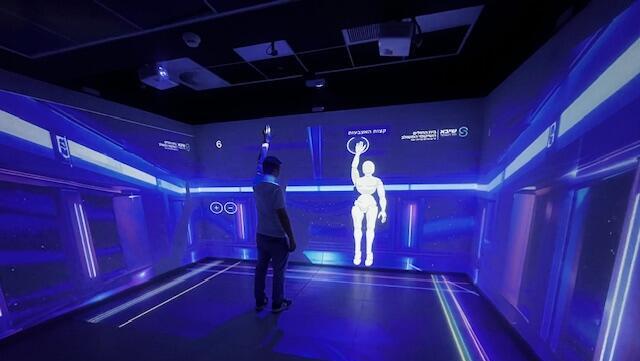
Within its rehabilitation department, Sheba also recently opened the Harmony Music Therapy Center, a unique space dedicated to music therapy. Here, patients - particularly wounded soldiers or those undergoing severe rehabilitation - can listen to, play or simply unconsciously feel music in a setting designed to soothe and support the healing process.
More than just a place to listen, this center is part of a more global approach to care, where emotion, creativity and psychological well-being are fully integrated into medical care. A concrete reminder that the medicine of the future is not limited to machines, but also takes care of the human being in all its dimensions.


.webp)


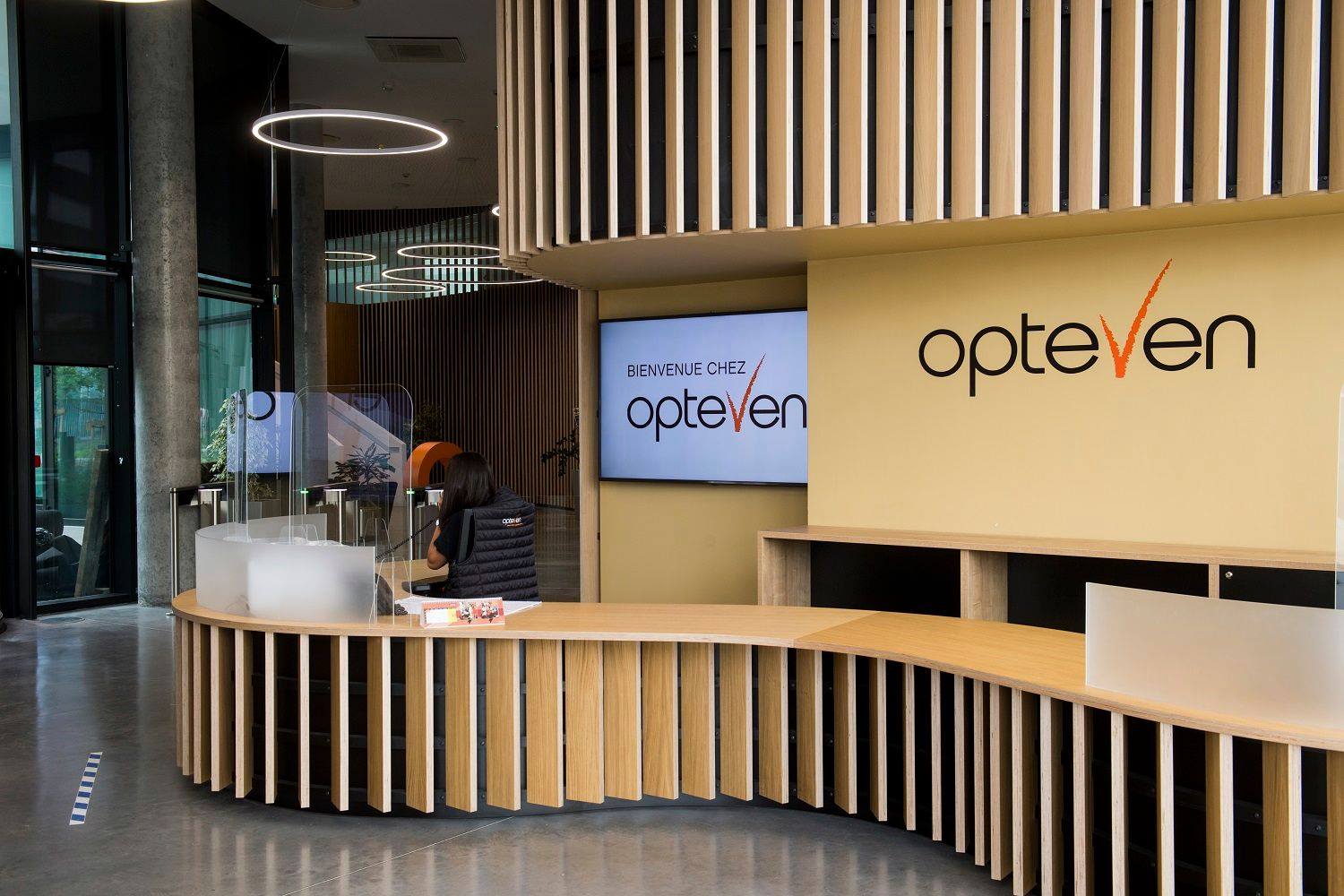


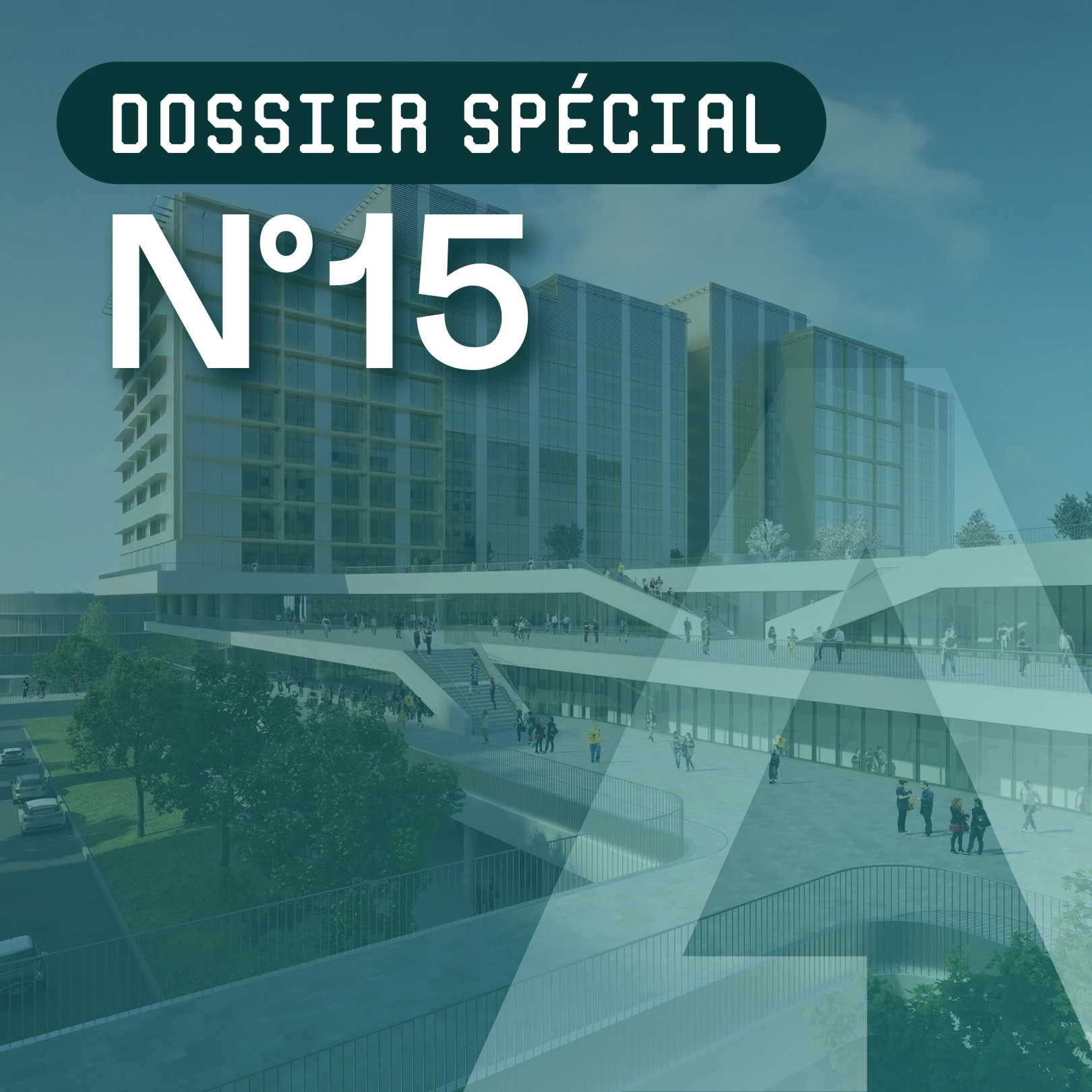

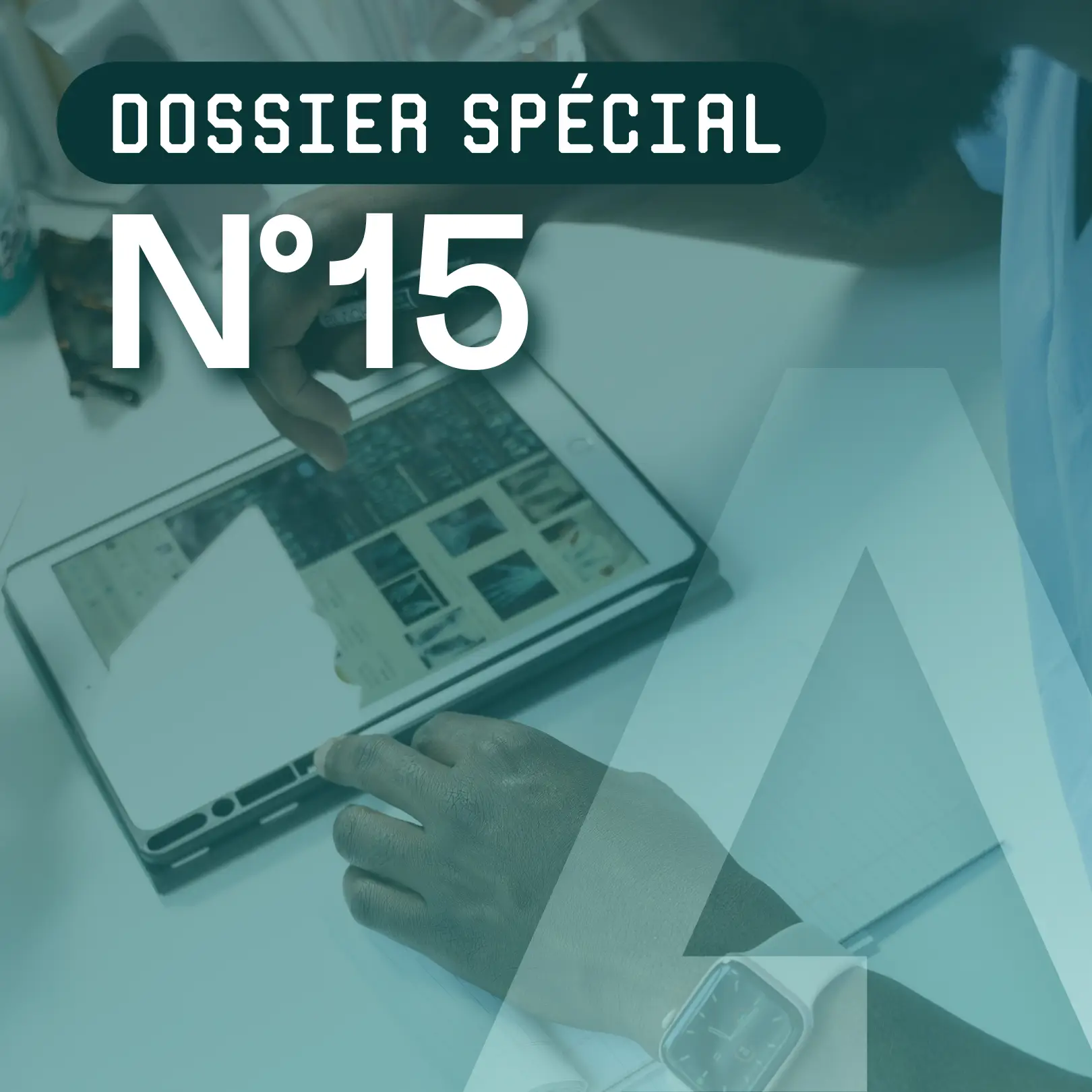

.webp)
.webp)
